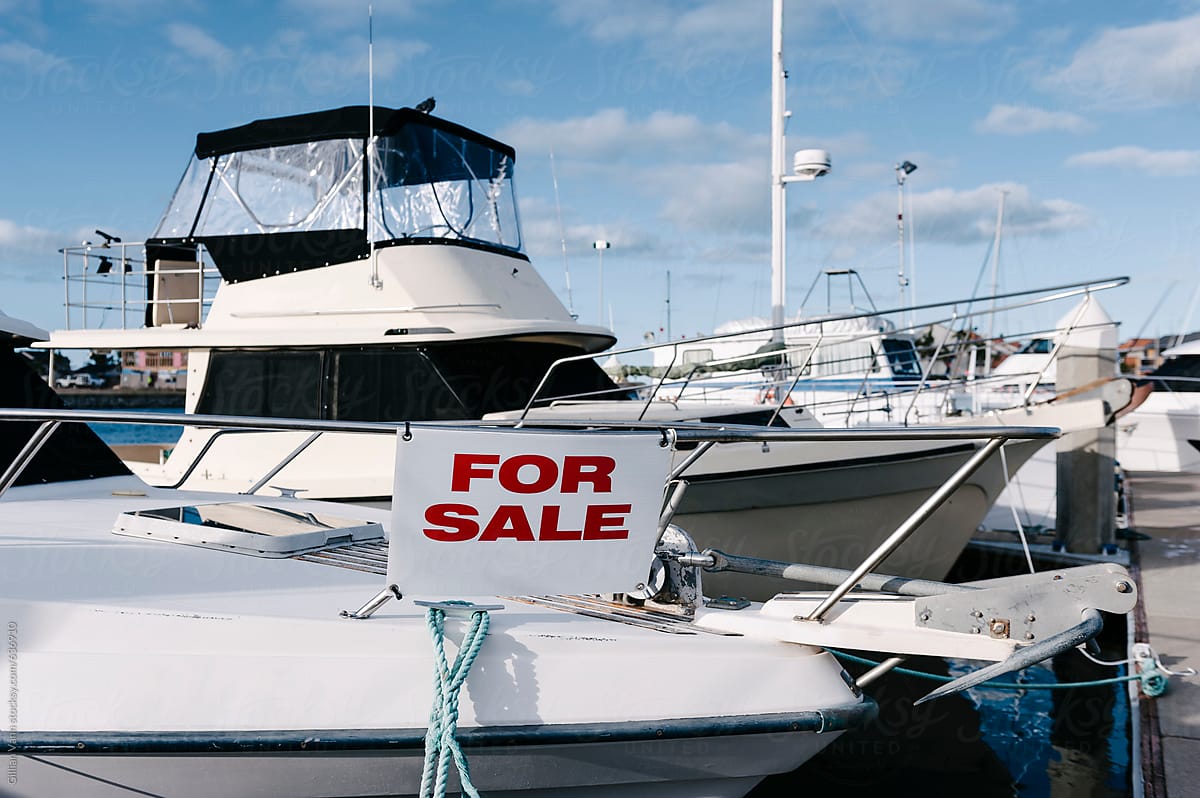BILL OF SALE CONTENT
The bill of sale contract itself is relatively simple compared to the preparation and negotiations leading up to the sale. Many sales documents are regulated at the state level. When this is the case, the bill of sale should include all information that is required by law. Thus information will usually include the following:
- The watercraft’s specifics, including the Make, Year, Title Number, Hull ID, as well as any motor(s) or trailer(s)
- The names and information of the parties involved
- The agreed-upon price
- Signatures from both the seller and buyer
- The name of the county and state in which the sale took place
- Any pre-existing warranties related to the boat
--------------
PURPOSE OF CONTRACT
A boat bill of sale is strictly used for the official transfer in watercraft ownership. It can be used for new or used vessels, sold either privately or commercially. This document aims to prevent future disputes and protect both parties. Some states may require the buyer to provide a proof of purchase when registering a boat. A bill of sale can also be helpful when securing insurance on the new watercraft.
--------------
WHEN TO HAVE A BILL OF SALE
A bill of sale should be used in several different scenarios:
- When selling/buying on websites like Craigslist, Facebook Marketplace, etc.
- When trading boats
- When giving a boat as a gift
- When selling/buying privately or commercially
--------------
CONTRACT FORMAT
A boat bill of sale is typically divided into three sections – date and contact information, boat information, and closing information.
Date and Contact Information
This includes the total purchase price, the seller’s full name and address, and the buyer’s full name and address.
Boat Information
The boat information should include the make, model, year, style, length, features, hull identification number, and title number.
Closing Information
The closing information pertains to the form of payment (cash, check, money order, or certified check), the “As-Is” clause, which describes that the boat is being sold without any implied warranties, and finally the signatures of both parties.




